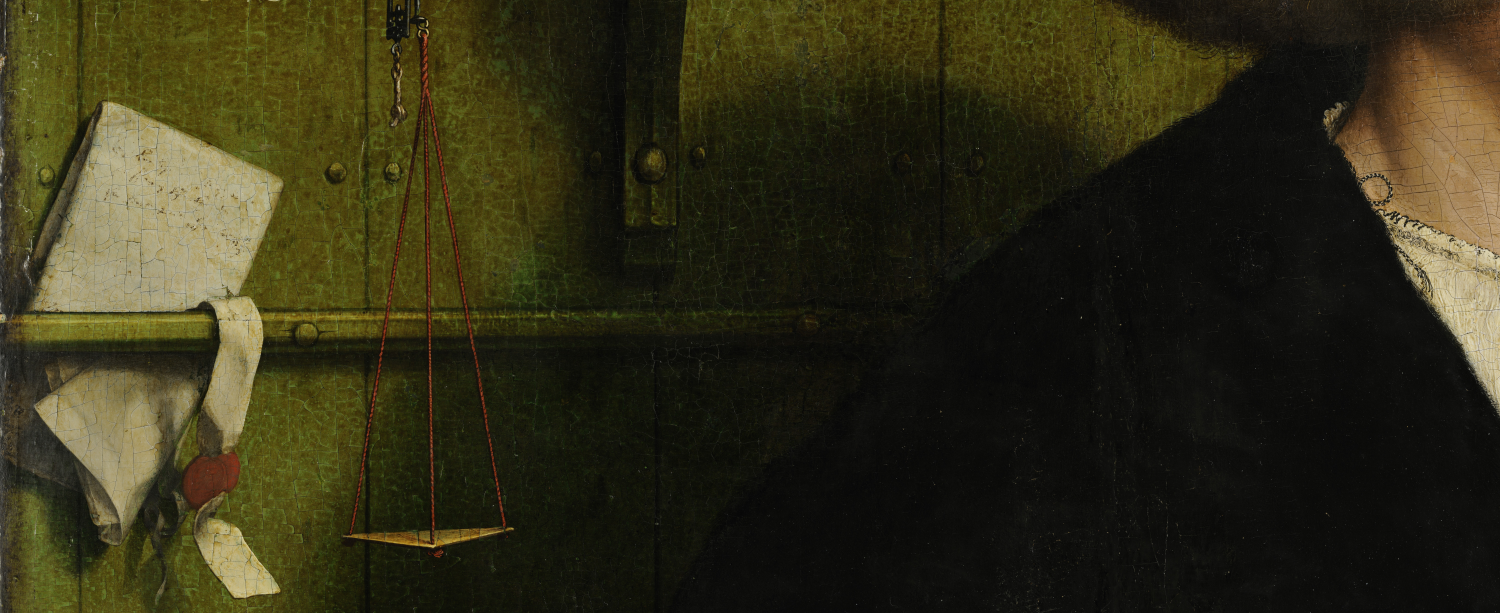Diplomatic knowledge (Cornago)
Justyna Wubs-MrozewiczIn his contribution to the The SAGE Handbook of #Diplomacy, Noe Cornago (@NoeCornago), writing about ‘Diplomatic knowledge’, brings together insights on 1) the role of historical conditions which make diplomatic knowledge and diplomacy altogether flourish and evolve; 2) a reflective and constructive attitude towards the Other in diplomacy – when gathering knowledge is the objective; 3) statecraft, e.g. how diplomats’ reports abroad are far more telling and personal than writs produced at ministerial desks, and 4) anthropological approaches to diplomacy, showing diplomats as the ultimate pragmatists.
All these aspects can be @RetroConflictsInspirations, but perhaps two interwoven arguments about diplomacy stand out most: the cultivated ability to constantly switch perspectives in order to reach a (#conflictmanagement) goal, and the recognition that face-to-face interaction is needed for this purpose. In our #medieval and #earlymodern mercantile settings, these approaches can be traced in the sources. Hanseatic #conflictmanagers knew that gathering and disseminating knowledge about conflicts required both writing and travelling. How did they deal with disruptions of activities through plagues, how do diplomats deal with it today?...
[url]http://sk.sagepub.com/Reference/the-sage-handbook-of-diplomacy/i1193.xml [/url]
JW-M
